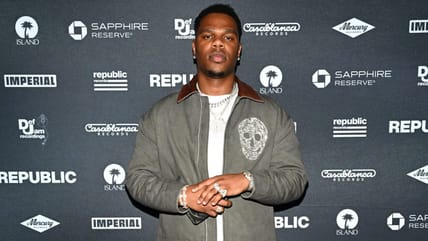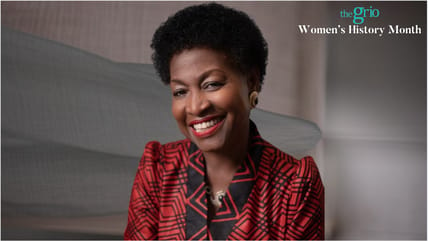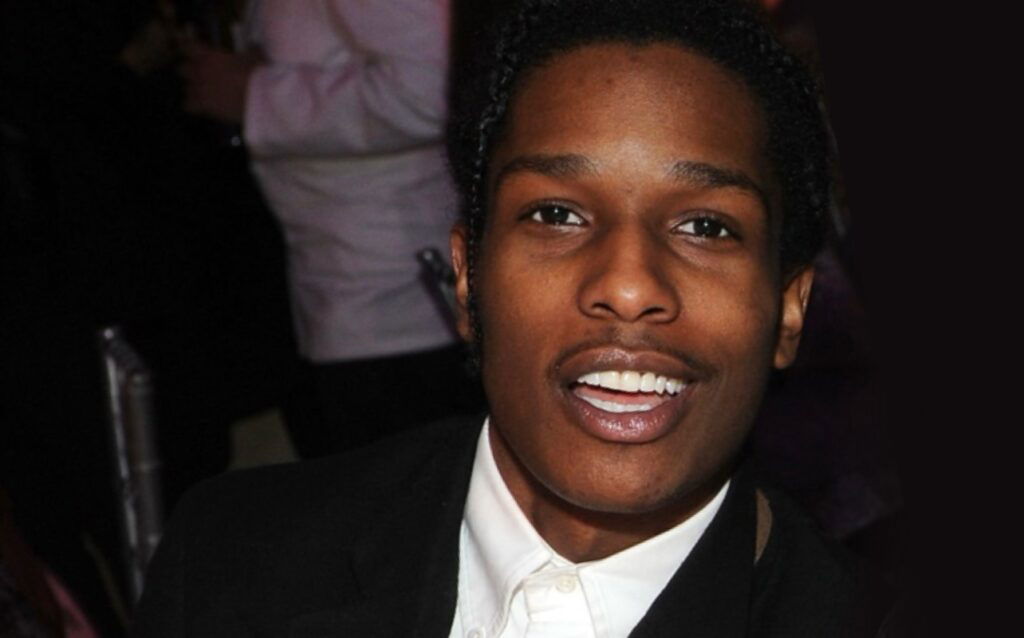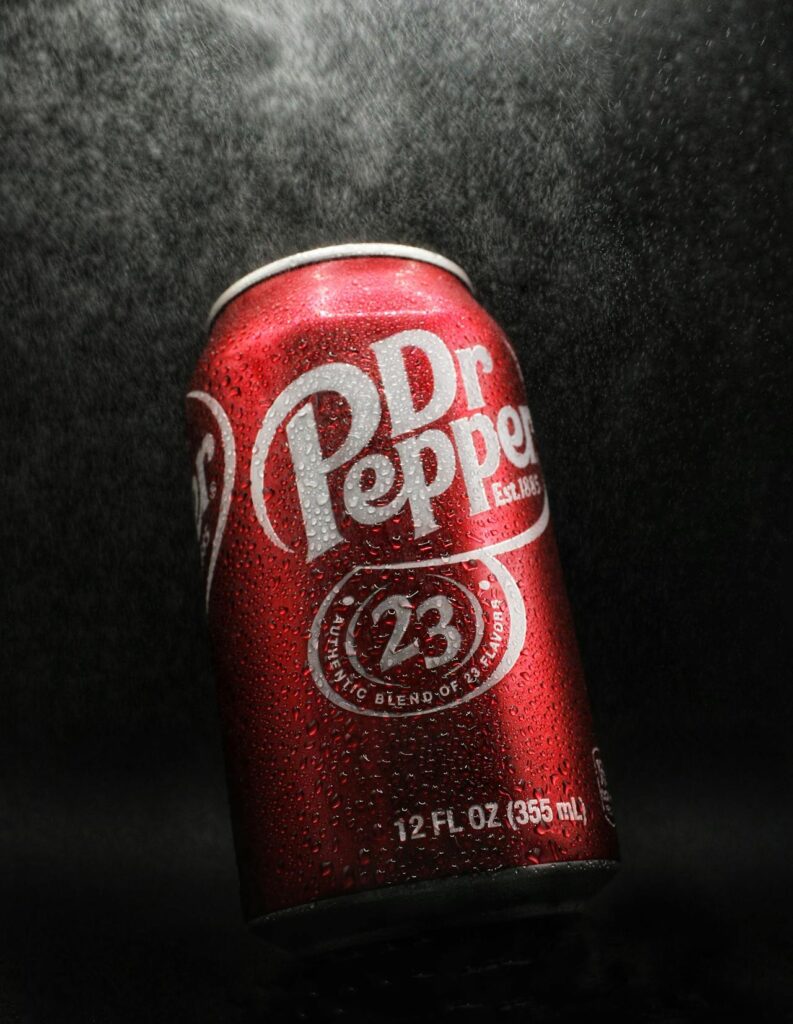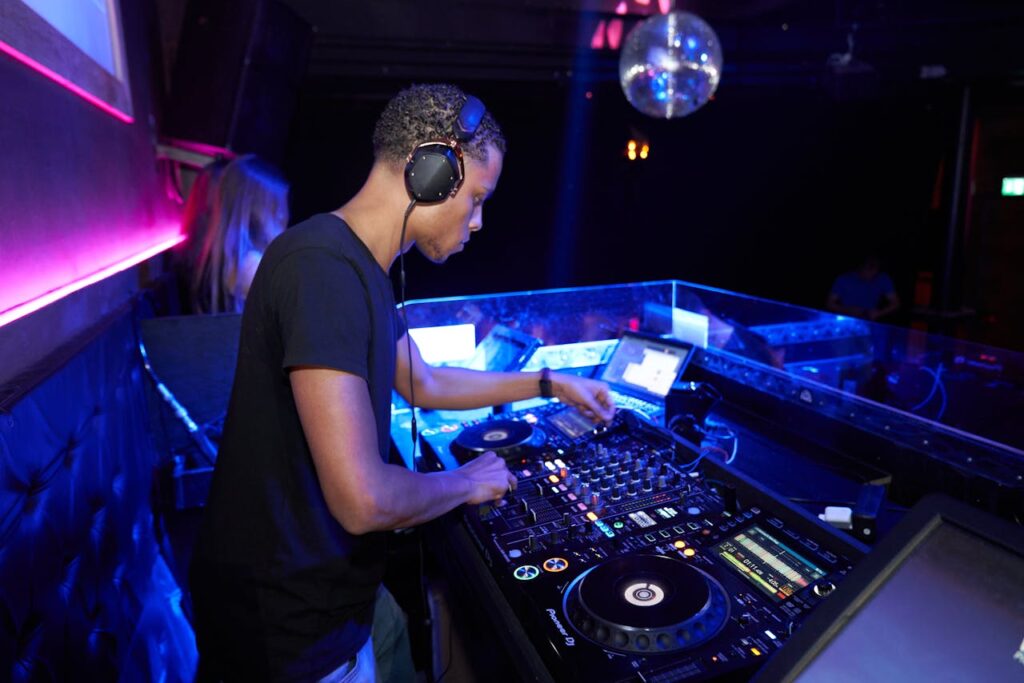Whether you were born on the island or were raised in the arms of someone who was, there is an inexplicable yearning that Haitians across the diaspora share. A desire to return to the country they once called home, or being able to experience the version of Haiti their relatives speak so fondly of.
And when you can’t get there? You lean on what brings you closest: the food, the language, and that infectious rhythm of Haitian Konpa. Konpa, the country’s popular music genre, is one of the few things that hasn’t gotten lost in translation. You might not speak fluent Kreyòl, never touched the shores of Jacmel, but when the beat drops, there’s a universal feeling that sometimes even non-Haitians can relate to.
It’s a rhythm that’s both a time machine and a compass. It takes us back to cookouts and Sunday cleaning days filled with the catalogs of bands like Carimi and Tabou Combo, and it reminds us of who we are, even when we’re oceans away from the soil that made us.
For DJ and producer Michael Brün, those beats are his blueprint. Through his international collaborations, Brün’s work brings the sounds of the first Black republic to the global stage, introducing Haitian Konpa to listeners who may not know the genre. However, the DJ’s decision to fuse Konpa into pop, afro beats, and dancehall tracks reflects a larger mission.
“I see music as an opportunity to build bridges,” he told theGrio, “I want to take all [my experiences growing up in Haiti and traveling] and fuse it into something concise that hopefully can allow people to connect with Haitian culture if they are Haitian, and if they weren’t Haitian, it would be like a doorway into the culture.”
Much like Haiti itself, Brün’s career is layered. A pianist turned DJ, he blends house, Afrobeats, R&B, and pop with the heartbeat of home: Konpa. And while the world may be just catching on to Haiti’s rhythmic genius, Brün’s been carefully holding space for it all along.
“Konpa is something that I grew up with my entire life, and once I started producing, it was something that I intentionally delayed [because] it was such a precious thing to me,” he explained. “Haitian music, for anybody who has not been exposed to it, is iconic. We have so many incredible and influential artists throughout our history that it really felt like a responsibility. That genre is so special….[that] I wanted to make sure that the sounds that I incorporate and the things that I do take the genre in new places.”
And he certainly has. Whether he’s making statements with John Legend on tracks like “Safe” or threading the melodies and rhythms of Konpa into Afrobeats or pop tracks, Brün has been a quiet architect behind the genre’s slow push into mainstream consciousness. He’s part of a wave of artists doing for Konpa what Afrobeats did for Nigeria: taking it from backyard barbecues to global stages.
One of those stages is BAYO, a festival he started on the streets of Haiti with nothing but car lights, a speaker, and a dream that is now getting ready to take over the Barclays Center on June 28.
“I feel like it’s symbolic, like we’re reaching this point where it’s both the end of this era and the beginning of a brand new era,” he shared excitedly, reflecting on the show’s 10-year anniversary. “We want to elevate what a show is…what a show from the Caribbean is. I’ve been working really hard on creating something that feels extremely special and memorable.”
That duality, holding the past and future at once, is what BAYO does best. As its name suggests, BAYO, which means “bay yo,” a phrase that translates to “to give,” is Brün’s way of giving Haitian culture its well-deserved flowers.
“The idea of this came from traveling all around the world and seeing how little people actually knew of Haiti, which is really surprising to me, considering the country’s historical significance, and the cultural impact of the country. And whenever people would mention Haiti, it would always be in some kind of negative way,” he explained. “To me, Haiti is the most beautiful place in the world with the most to offer. The culture is so impactful. The story is so impactful to the entire Western hemisphere. And I wanted people to see it the way I see it, and see the richness of the country…the culture…the people at the highest level.”
“The other cool part is the fact that [BAYO] incorporates other parts of the diaspora. In its history, Haiti was very much a diaspora experience. There were people from West Africa and Latin America, native Tainos, and African Americans who worked with Haitians over the course of history. There are all these different stories that many people don’t know, so I hope that [BAYO] is like our meeting point,” he continued.
It’s hard not to think about what this moment means for young Haitians in the diaspora—those who have only known the homeland through stories, news headlines, or their parents’ memories. Describing the festival as “the best possible day in Haiti,” Brün is allowing Haitians to connect with their culture and participate in its evolution.
For Brün, the message is clear: “The culture of Haiti is so beautiful. It’s so incredible. It’s so inspiring. It is so strong. And it’s historical….We [Haitians] have so much to be proud of, even in these moments that feel darker… we’ve been able to create these incredible things. Everywhere you look in every industry, there’s a success story of a Haitian doing something incredible. We should celebrate the fact that we’re changing and pushing culture forward.”


